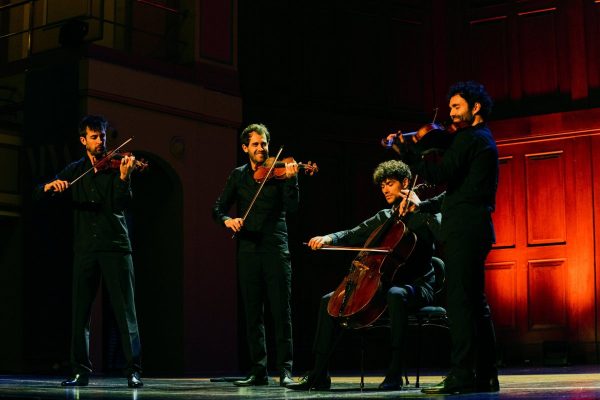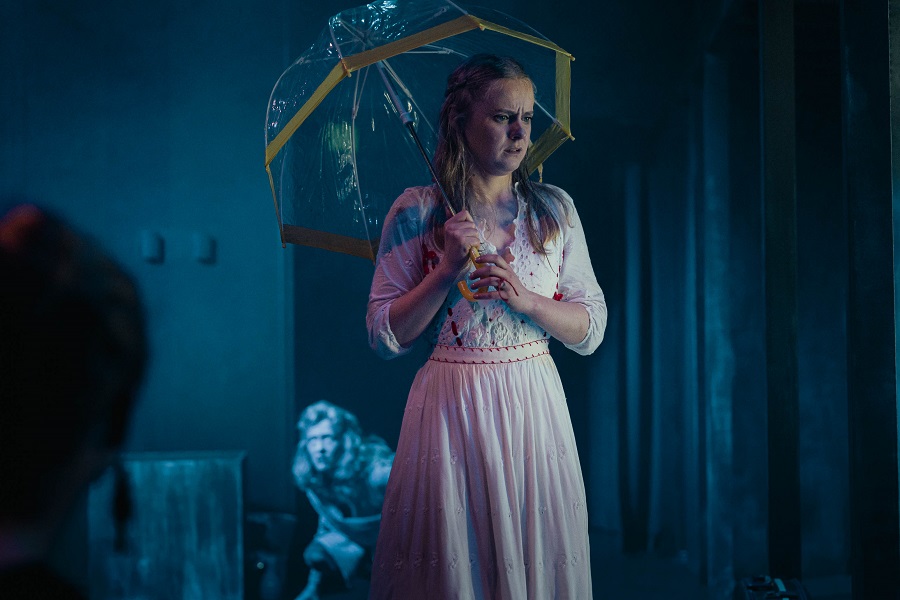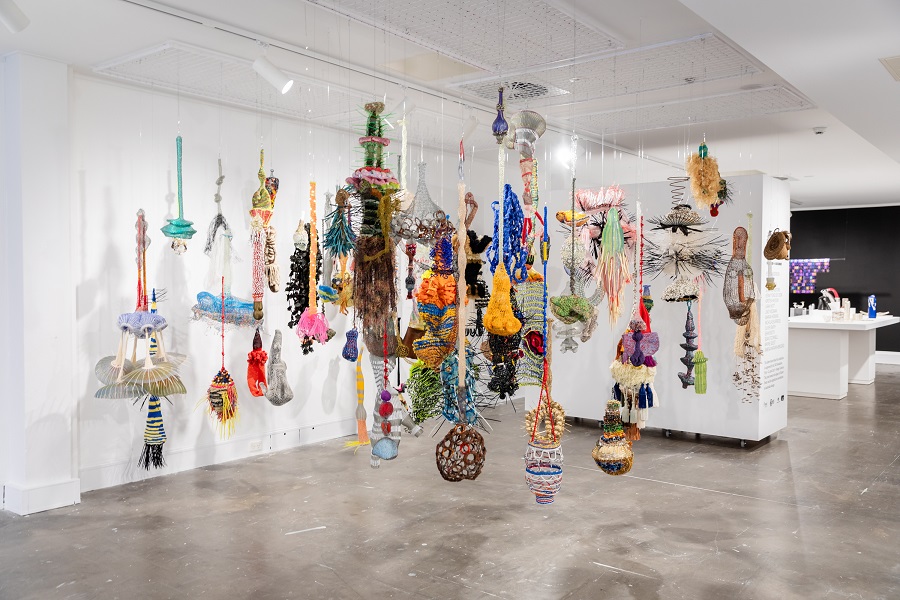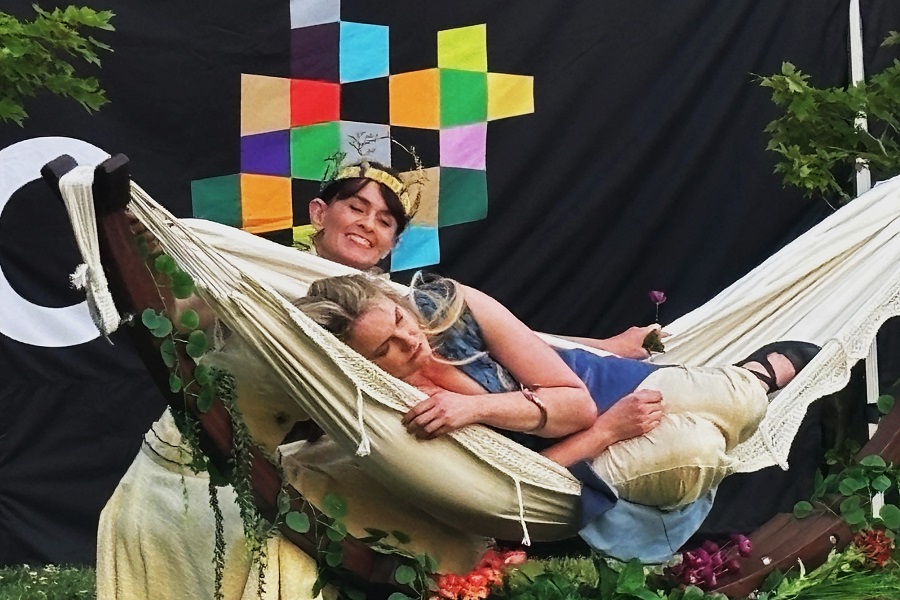
Music / “Vision String Quartet”, Musica Viva Australia. At Llewellyn Hall, October 5. Reviewed by LEN POWER.
ON its first concert tour of Australia, the Vision String Quartet comes with a formidable international reputation.
Founded in Germany in 2012, the quartet – Florian Willeitner, violin; Daniel Stoll, violin; Sander Stuart, viola and Leonard Disselhorst, cello – presented a classical program of works by Ernest Bloch, Béla Bartók and Antonin Dvořák.
According to the program: “One thing that sets the Vision String Quartet apart is how they play from memory even when performing the most complex of classical repertoire. Without printed music in the way, they connect with intensity to the music, each other and the audience.”
Given the works presented, especially the Bartók, it certainly seemed to be a risky idea that added a certain tension to the evening. The players made light of it, saying they had just “forgotten” to bring their music.
They began with Bloch’s “Prelude B. 63” of 1925. Subtitled “contemplation”, this short work was quiet with a sense of withheld passion that the players captured beautifully. It was a fine opening performance for the evening.
The next item, Bartók’s “String Quartet No. 4 in C major” was composed in 1928. It is the most celebrated of Bartók’s six quartets and is a rich, demanding work of 20th century modernism. All five movements were given a notably clear performance, really bringing out the depth of feeling in the music. The haunting third movement and the pizzicato playing of the fourth movement were highlights of their performance of this work.
After interval, the quartet played Dvořák’s “String Quartet No. 13 in G major”, composed in 1895. This fine work was given a colourful performance that clearly brought out all of the composer’s motifs and themes. The adagio second movement with its dark and melancholy Slavic theme, the bright and cheerful scherzo and the rousing finish were the highlights of their performance.
Watching the quartet playing, you were aware that, in the absence of printed music, there seemed an increased reliance and trust between the players. Eye contact and body language were more noticeable, adding another dimension to their extraordinarily accurate and enjoyable performances.
For an encore, the quartet played “Sailor”, a work from their 2021 album, “Spectrum”. It was a rollicking, atmospheric and modern work that showed their versatility and sense of fun.
Who can be trusted?
In a world of spin and confusion, there’s never been a more important time to support independent journalism in Canberra.
If you trust our work online and want to enforce the power of independent voices, I invite you to make a small contribution.
Every dollar of support is invested back into our journalism to help keep citynews.com.au strong and free.
Thank you,
Ian Meikle, editor




Leave a Reply